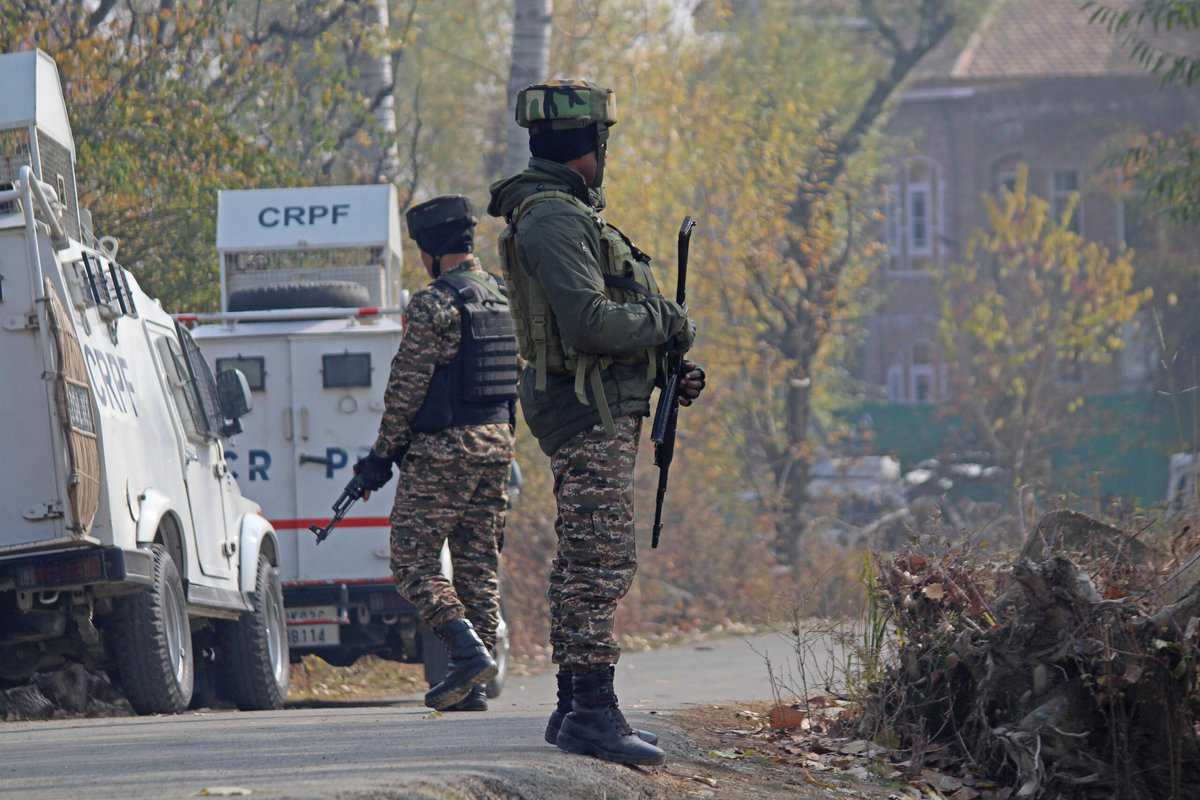
There are only two personalities from Jammu and Kashmir who know twists and turns of history of 1947 and 1948 with regard to the erstwhile princely state, Pakistan’s invasion, and subsequent ceasefire and the matter being placed on the table of the United Nations. They are former Sadr-e-Riyasat and union minister Dr. Karan Singh, son of the last Dogra king Maharaja Hari Singh, and Farooq Abdullah, son of Kashmir’s tallest leader Sheikh Mohammad Abdullah.
The BJP has blamed Pt. Jawahar Lal Nehru, India’s first prime minister for the “ Himalayan blunder” of announcing a ceasefire in Jammu and Kashmir at the time when the Indian army was advancing and recapturing the territories that Pakistanis had captured, and also for taking the matter to the United Nations, thus making it an international dispute. Sheikh Abdullah is being accused of having sowed the seeds of separatism, which eventually resulted in violent extremism. Union Home Minister Amit Shah reiterated these charges against Nehru in his speech while replying to discussions on the two bills on Jammu and Kashmir on Wednesday. This has evoked sharp criticism from the opposition, claiming that the historical facts were being negated to suit the political expediency of the ruling saffron party.
Both Dr. Karan Singh and Dr Farooq Abdullah are witness to the tumultuous times in the history of Jammu and Kashmir, and since both had first hand knowledge of what had transpired in their homes and the national politics. Sheikh Abdullah was close to Nehru, and Dr. Karan Singh, scion of the royal family, saw the trouble and tribulations of the history vis-à-vis Jammu and Kashmir.
Dr. Karan Singh is the sole surviving witness to the historic signing of the instrument of accession, acceding Jammu and Kashmir to India. He knows what transpired before and after the instrument of accession was signed. In 1949, at the age of 18, he was named princely Regent of the state, and later he served as head of the state with the title of “Sadr-e-Riyasat” from 1952 to 1965. Thereafter, he was Governor of the state before he moved to Centre, winning Lok Sabha seat from Jammu region, as union minister for a number of years. He knows all the nitty-gritty of the Kashmir issue and the path of history that it traveled till August 5, 2019, when Article 370 was abrogated, and has analyzed everything the events thereafter.
Dr Farooq Abdullah, who is equal witness to the history of Kashmir through closest quarters. His father Sheikh Abdullah, who later became Prime Minister of Jammu and Kashmir, the only state that had this title for head of the government among all states in the country, had endorsed the accession of the state. He has seen all the events that took place and defined the history of India, and Jammu and Kashmir since 1947. No one can deny him the status of witness of the times, which his father and the political leaders of that era interpreted. He is the interpreter of history.
It is the responsibility of these two personalities to come out with the exact details of the history without any prejudice to what happened to them in the years that followed October 26, 1947- the accession day.
Let there be a straight version of history, rather than different text books that the generations have relied on. It is not to defend or criticize Nehru, Sheikh Abdullah or the way history took its shape , but to let new generations know that what were the necessities and fault lines of the times . This is more important now as the Supreme Court will deliver its verdict on Article 370 on December 11.
